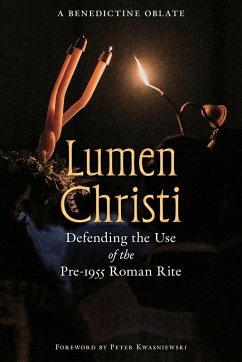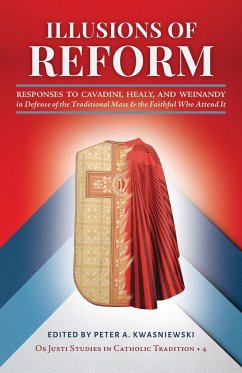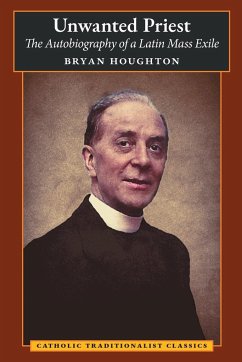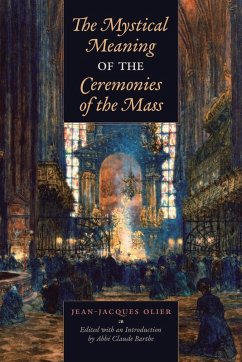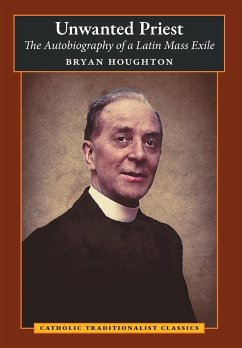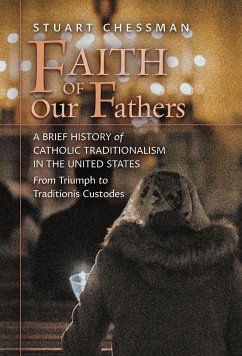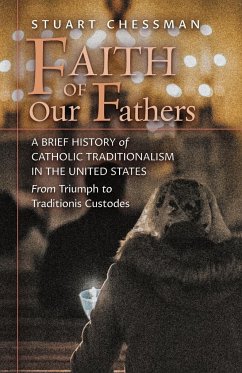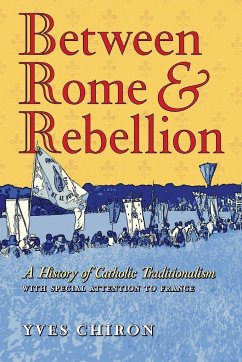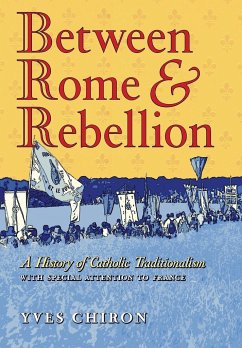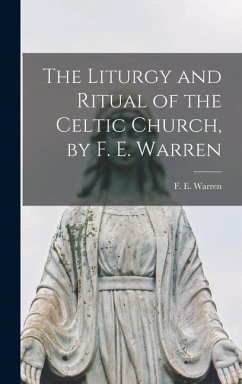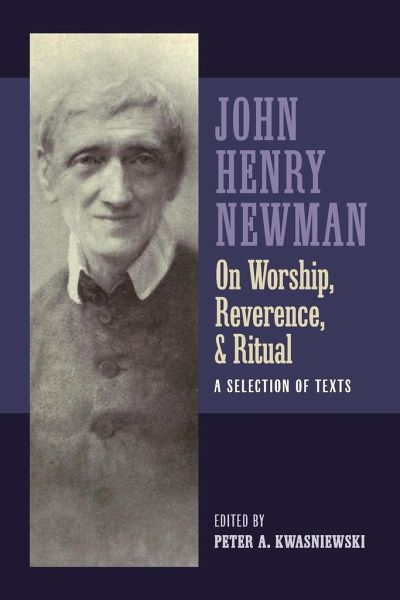
Newman on Worship, Reverence, and Ritual
A Selection of Texts
Herausgeber: Kwasniewski, Peter
Versandkostenfrei!
Versandfertig in 1-2 Wochen
28,99 €
inkl. MwSt.
Weitere Ausgaben:

PAYBACK Punkte
14 °P sammeln!
The life and thought of John Henry Newman were permeated with the ceremonies and hallowed texts of Christian liturgies, which he celebrated for over six decades, starting as an Anglican deacon in 1824 and ending as a Cardinal of the Holy Roman Church. It comes as no surprise that allusions to liturgical worship are ubiquitous in his writings. The "ordinances" of the Church, her rich panoply of rites handed down through the centuries, are, for Newman, doors or windows into the heavenly society for which we were created and to which God is calling us throughout our lives. As Newman says in a num...
The life and thought of John Henry Newman were permeated with the ceremonies and hallowed texts of Christian liturgies, which he celebrated for over six decades, starting as an Anglican deacon in 1824 and ending as a Cardinal of the Holy Roman Church. It comes as no surprise that allusions to liturgical worship are ubiquitous in his writings. The "ordinances" of the Church, her rich panoply of rites handed down through the centuries, are, for Newman, doors or windows into the heavenly society for which we were created and to which God is calling us throughout our lives. As Newman says in a number of places, we are given our time on earth to begin to live, through personal prayer and corporate worship, the life of the blessed in heaven.This volume gathers over seventy texts from a large number and wide range of Newman's writings, ranging from the Tracts for the Times and Parochial and Plain Sermons to the Letter to Pusey, Apologia Pro Vita Sua, and Grammar of Assent. Forty-four of Newman's incomparably great sermons are included in full. That Newman deserves his reputation as one of the finest spiritual writers of modern times and the greatest prose stylist of nineteenth-century England is abundantly demonstrated in these spirited and subtle reflections on the duty of reverence, the benefits of ritual, and the privilege of divine worship.





